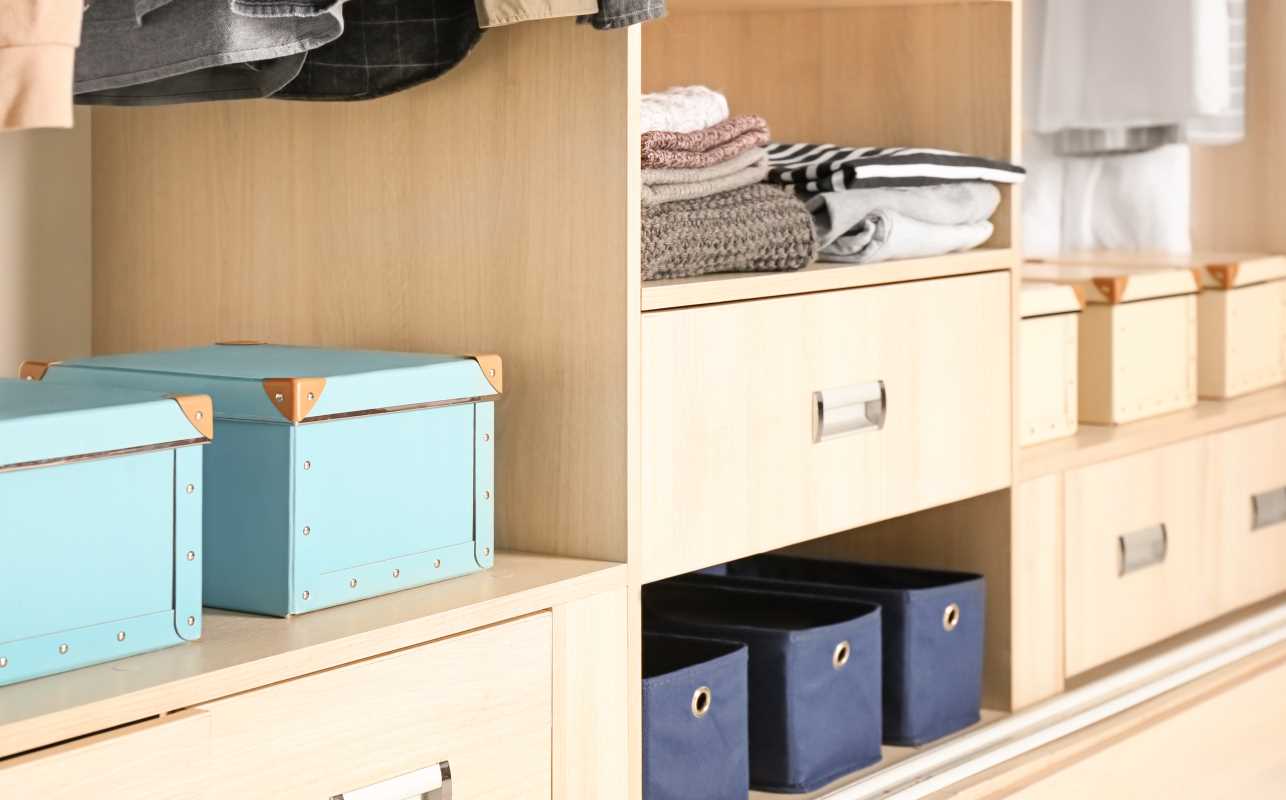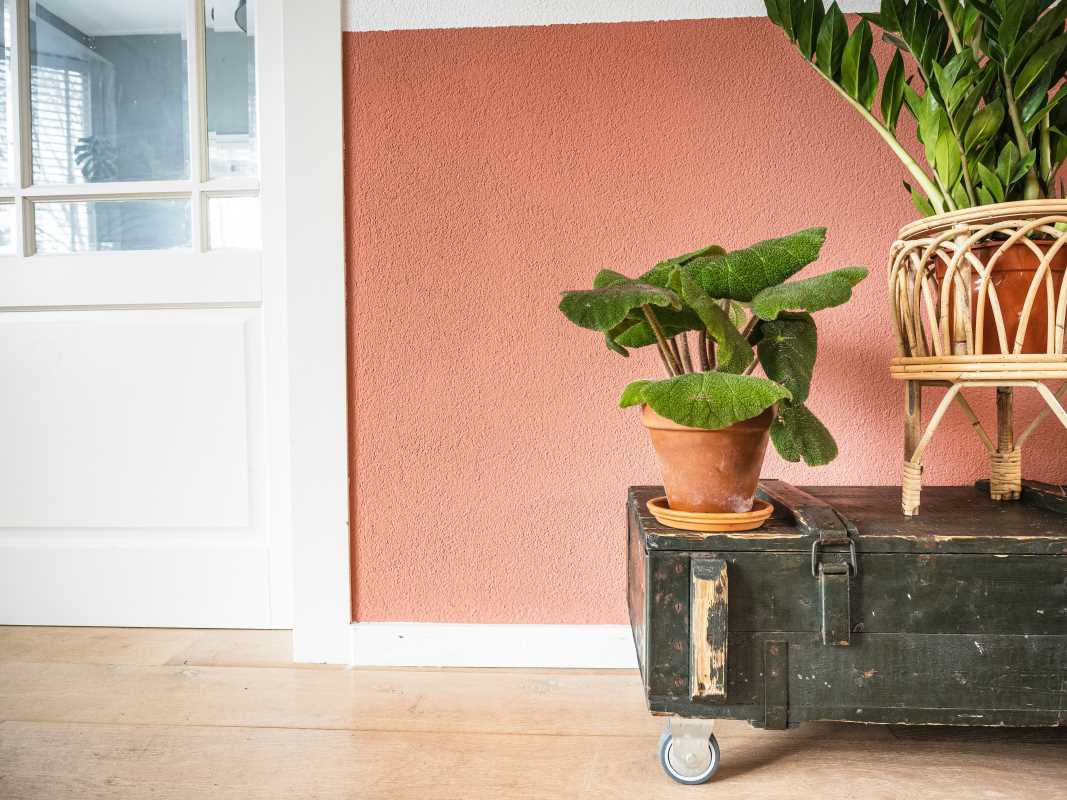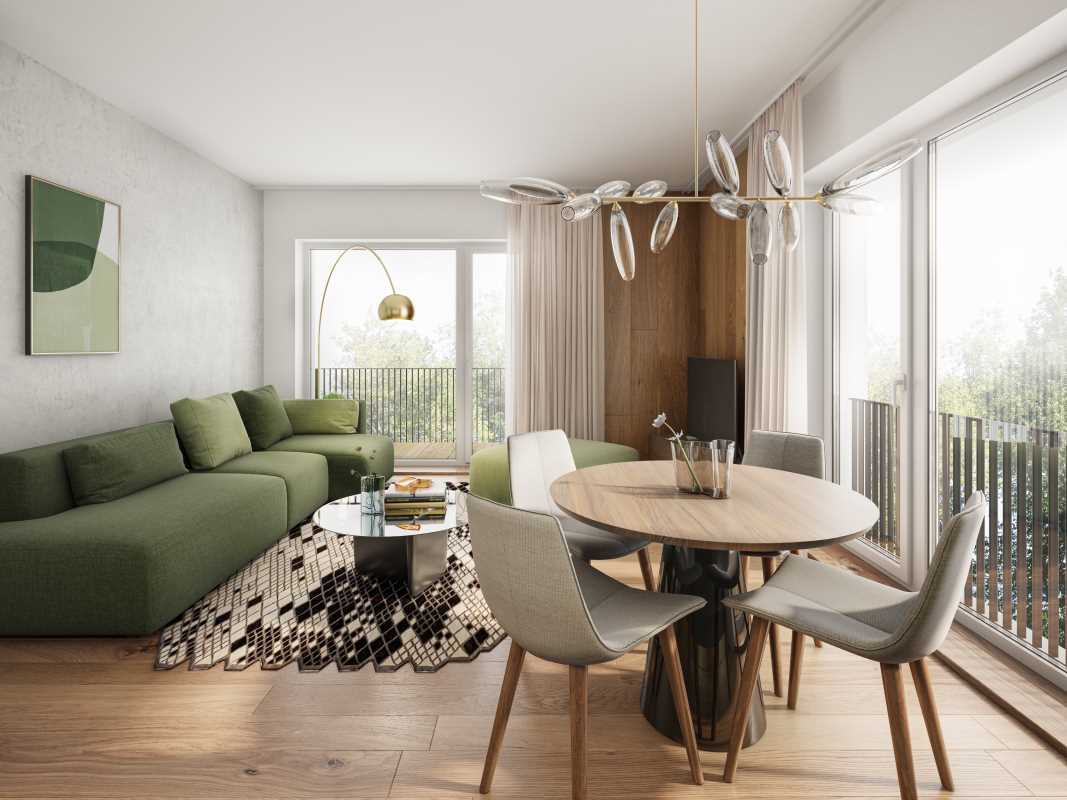Creating a functional family living space involves thoughtful planning and strategic design choices to accommodate everyone's needs. With the demands of daily life, it’s essential to design a space that not only looks appealing but also serves multiple purposes. This means considering everything from storage solutions to versatile furniture arrangements. These strategies for designing a multi-functional family living space can adapt to your family’s evolving needs while maintaining comfort and style.
Maximizing Space Efficiency
To make the most of a family living space, maximizing efficiency is crucial. Start by selecting furniture pieces that offer hidden storage compartments or multifunctional features. For example, consider coffee tables with built-in drawers that can house magazines, remote controls, or children’s toys. Storage ottomans can double as seating while providing a place to store blankets or games.
Utilizing vertical space is another effective strategy. Tall bookshelves or floor-to-ceiling cabinets not only provide ample storage but also draw the eye upward, making the room feel larger and more open. Wall-mounted shelves can be used to display family photos or decorative items, adding personality without cluttering the floor space. Additionally, think about incorporating furniture that can be easily moved or reconfigured. Lightweight pieces allow for flexibility when rearranging the room for different occasions or needs.
Flexible Furniture Arrangements
A multi-functional family living space thrives on flexibility. Choose furniture that can adapt to various activities and functions. Modular furniture pieces, such as sectional sofas with movable sections, can be rearranged to create different seating arrangements depending on the occasion. For instance, if you're hosting a game night, you might want to create a cozy seating area; on movie nights, a more spacious layout might be preferable.
Extendable dining tables are another great investment. They can accommodate varying numbers of guests, making them ideal for both family dinners and larger gatherings. Reconfigurable pieces allow you to transform the space easily, ensuring it meets the demands of everyday life while remaining stylish and inviting.
Designated Zones for Different Activities
Establishing distinct zones within the family living space can help accommodate various activities and interests. For instance, you might create a cozy reading nook with a comfortable armchair and a floor lamp, perfect for curling up with a good book. A play area with colorful storage bins for toys can keep children's items organized while allowing for easy access.
Consider designating a workstation with a compact desk and ergonomic chair for homework or remote work. Using area rugs, room dividers, or built-in bookshelves can help delineate these different zones while maintaining a cohesive design aesthetic. Each area should flow seamlessly into the next, allowing for a sense of unity while also catering to specific needs.
Incorporating Versatile Lighting
Proper lighting is essential for creating a welcoming and functional family living space. A mix of ambient, task, and accent lighting can accommodate different activities and moods throughout the day. Ambient lighting, such as overhead fixtures, provides overall illumination, while task lighting—like table lamps and floor lamps—focuses on specific areas where activities occur, such as reading or working.
Installing dimmer switches can enhance the versatility of your lighting options, allowing you to control the brightness levels based on the time of day or the mood you want to create. Natural light sources, such as windows and skylights, can also enhance the overall ambiance of the space. Positioning mirrors strategically can help reflect light and make the area feel more open and airy.
Personalized Touches and Functional Decor
Infusing your family living space with personal touches and functional decor elements is vital for creating a warm, inviting atmosphere. Display family photos, artwork, or sentimental objects to add character to the room and reflect your family's unique lifestyle. This not only personalizes the space but also creates opportunities for conversation and connection.
Choose decorative storage baskets, wall hooks, or wall-mounted organizers to keep essentials within reach while adding style to the space. These items can serve both a practical purpose and an aesthetic one, contributing to the overall design. When selecting materials, prioritize durable and easy-to-clean fabrics for furniture upholstery and accessories. This is especially important in a family setting, where spills and messes are likely.
Incorporating plants can also add a touch of nature, improving air quality while bringing a sense of calm to the environment. Choose low-maintenance varieties if you have a busy household.
The Importance of Adaptability
As family dynamics evolve, so too should your living space. An adaptable design allows you to make changes, whether accommodating a new family member, adapting to children growing up, or even adjusting to remote work needs. Consider furniture pieces that can be easily updated or modified. For example, choosing a sofa with interchangeable covers can allow you to refresh your space without a complete overhaul.
Keep an open dialogue with family members about their needs and preferences for the space. Regularly reassessing how your family uses the area can provide insights into necessary changes or improvements. This flexibility not only enhances the functionality of your living space but also ensures that it continues to meet your family's needs over time.
 (Image via
(Image via





